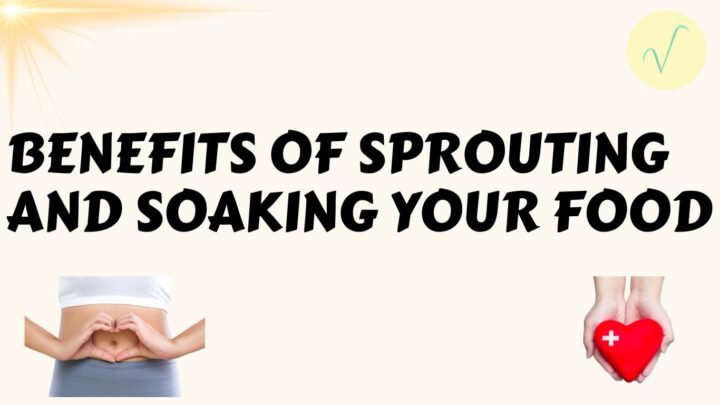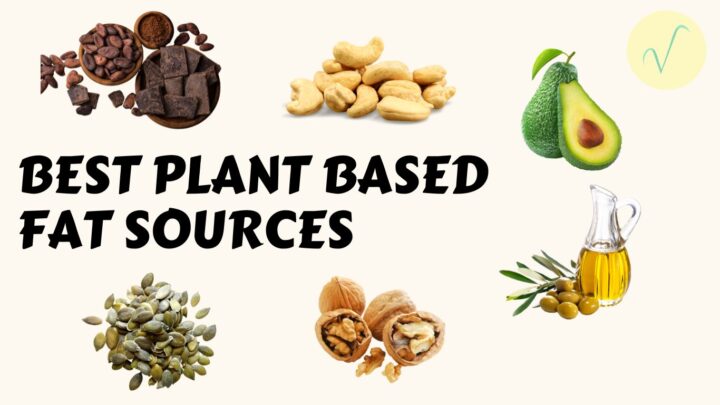Digestive issues, such as IBS, exist among many people, for both vegans and non-vegans alike.
Maintaining your gut health as a vegan is essential if you plan to live this lifestyle for the long-term. This post will take you through pointers to help advise new (and seasoned) vegans on how to maintain gut health, the proper way.

Digestive issues commonly experienced by vegans
New vegans typically experience some digestive symptoms; typically due to the increase in dietary fibre.
These symptoms include:
- Bloating
- Cramps
- Gas
This happens due to the digestive system having to get used to plant fibres that pass through in tact, which isn’t the same case for protein and carbs, hence the initial discomfort.
That being said, there are ways to gradually adapt to the lifestyle, without hurting yourself too much.

Take time to transition into a vegan lifestyle
By take time, we mean identifying substitutes, and doing some homework on which foods can be problematic in the early days of adopting a vegan diet.
When I first went vegan, my gut health drastically changed, cause I went cold turkey. I literally ate lots of peanuts and the next day I had the absolute worse gas I’ve ever experienced.
For any new vegans, be sure to stay hydrated. When coming from a diet rich in meat and dairy, you tend to (although surprising) indirectly get water from these foods.

Focus on plant-based whole foods
This one’s key for ideal gut health as a vegan. Digestive issues can arise simply by eating too many processed foods, in rapid succession, like with any diet.
If you shift your focus to plant-based whole foods, such as properly prepared beans and legumes, and getting plenty of greens, veggies and fruits, is a great way to keep your gut bacteria varied and healthy.

Careful with FODMAPs
A lot of the time, digestive discomfort can be caused by a diet high in FODMAPs. That being said, just cause you’re vegan doesn’t mean your diet’s free of FODMAPs.
FODMAPs have been reported to aggravate the gut, and can worsen IBS if you’re not careful. So when transitioning to a plant-based diet, go for a majority low FODMAP diet to start out.

Know what you’re sensitive to
This one applies to each individual differently, as everyone is unique. I personally had a sensitivity to lactose, and didn’t even notice that gluten can also give me discomfort if not eaten sparingly.
Get to know your body. This can be in the form of keeping a food diary or taking an allergy test. Either way, knowing what foods aggravate the gut is essential for long-term digestive health.
Know your fibre
As mentioned before, a sudden boost in fibre can introduce digestive discomfort. But not all fibre is created equal, compare a fresh fig to refined white bread, for instance.
Soluble fibre and digestion
Soluble fibre is soluble in water (hence the name) and turns into gel when digested. It works to slow digestion & nutrient absorption overall, which is important to keep in mind when planning your diet.
Foods rich in soluble fibre include:
- Apples
- Barley
- Beans
- Carrots
- Oats
Insoluble fibre
Insoluble fibre does the opposite, and doesn’t dissolve in water or stomach acid. It helps bulk up stool, but as it doesn’t fully digest, it can’t really be seen as a source of calories.
Too much insoluble fibre can lead to constipation, but also loose stools if you’re not careful.
Foods rich in insoluble fibre include:
- Whole wheat
- Almonds
- Green beans
- Potatoes
- Cauliflower
The key is to have a balance of both, that way you don’t fall too far from balance. Which is also why variety in your plant-based diet is essential.

Eat (and drink) your gut food
This may go without saying, but gut food may be the single most important part of maintaining digestive health as a vegan.
Gut foods, such as fermented foods can help to break down excess fibre, essentially improving the assimilation of nutrients from your diet, but also helping to lower the risk of disease – which can develop from neglected gut etiquette.
Some examples of vegan foods that are great for digestion include:
- Coconut yoghurt
- Kombucha
- Kimchi/Sauerkraut
- Miso
- Pickled vegetables

Hopefully these tips can help you make a better informed decision on how to improve and maintain your gut health. If you found these tips useful be sure to share with a friend or family member who can find this helpful.
Thanks for considering veganising it for your vegan lifestyle inspiration. Stay well and stay blessed.




